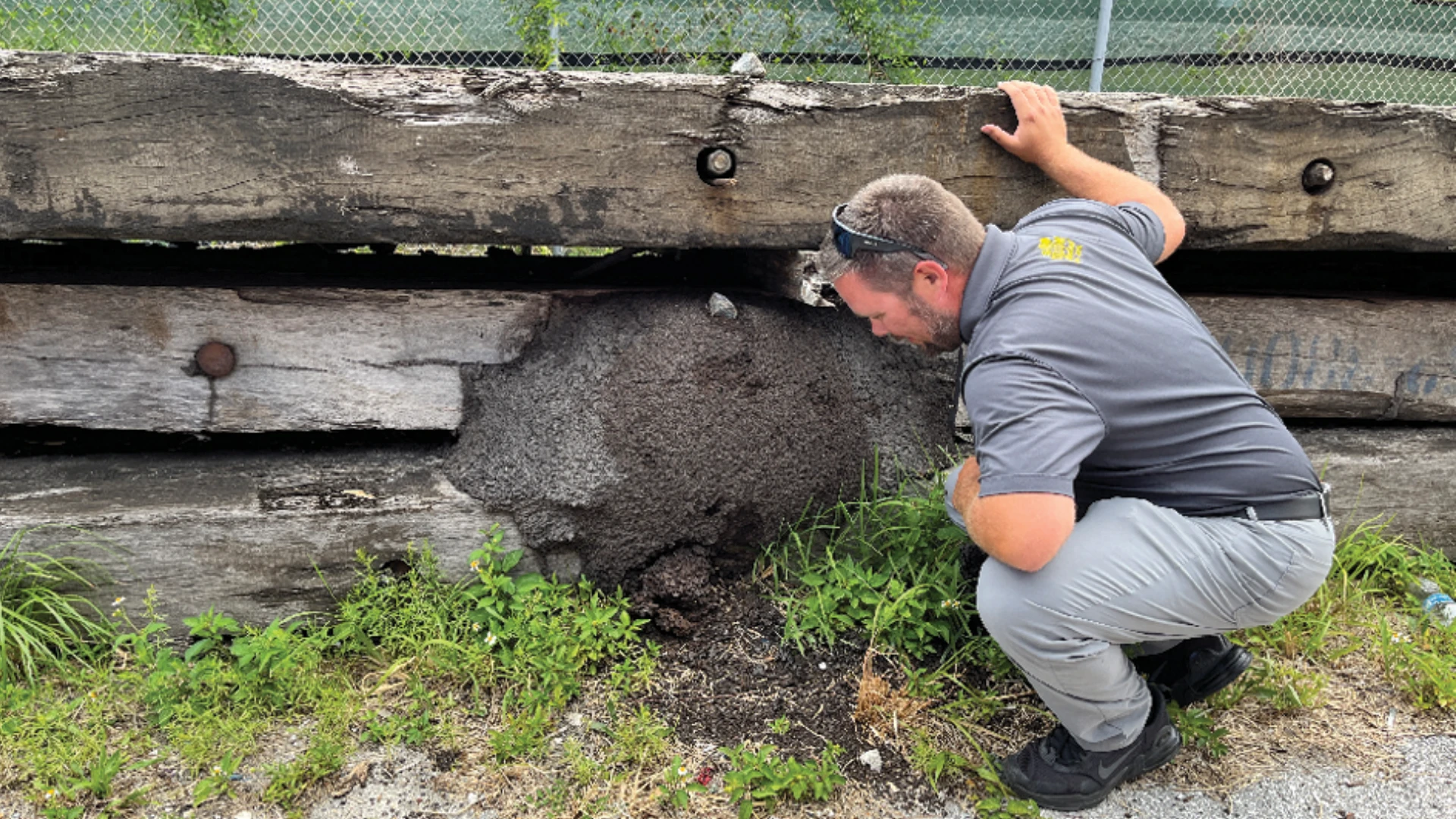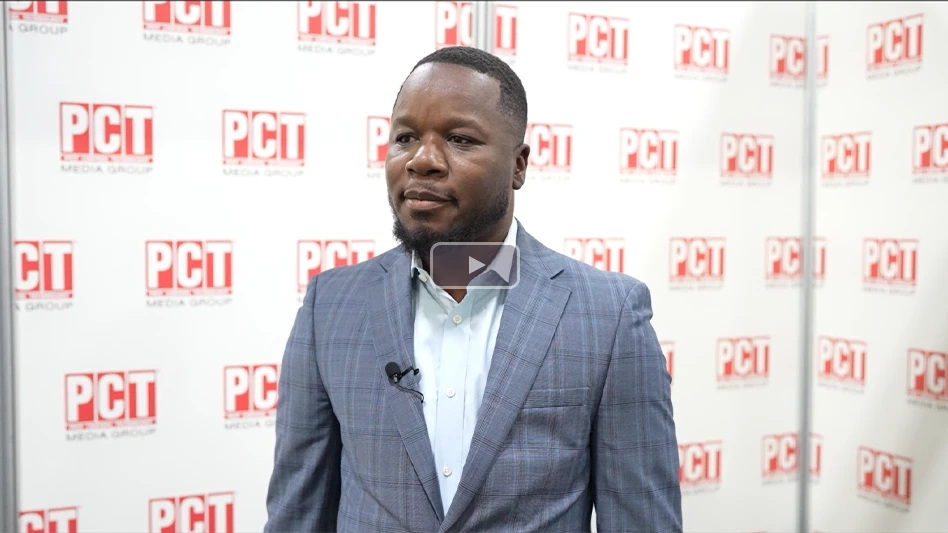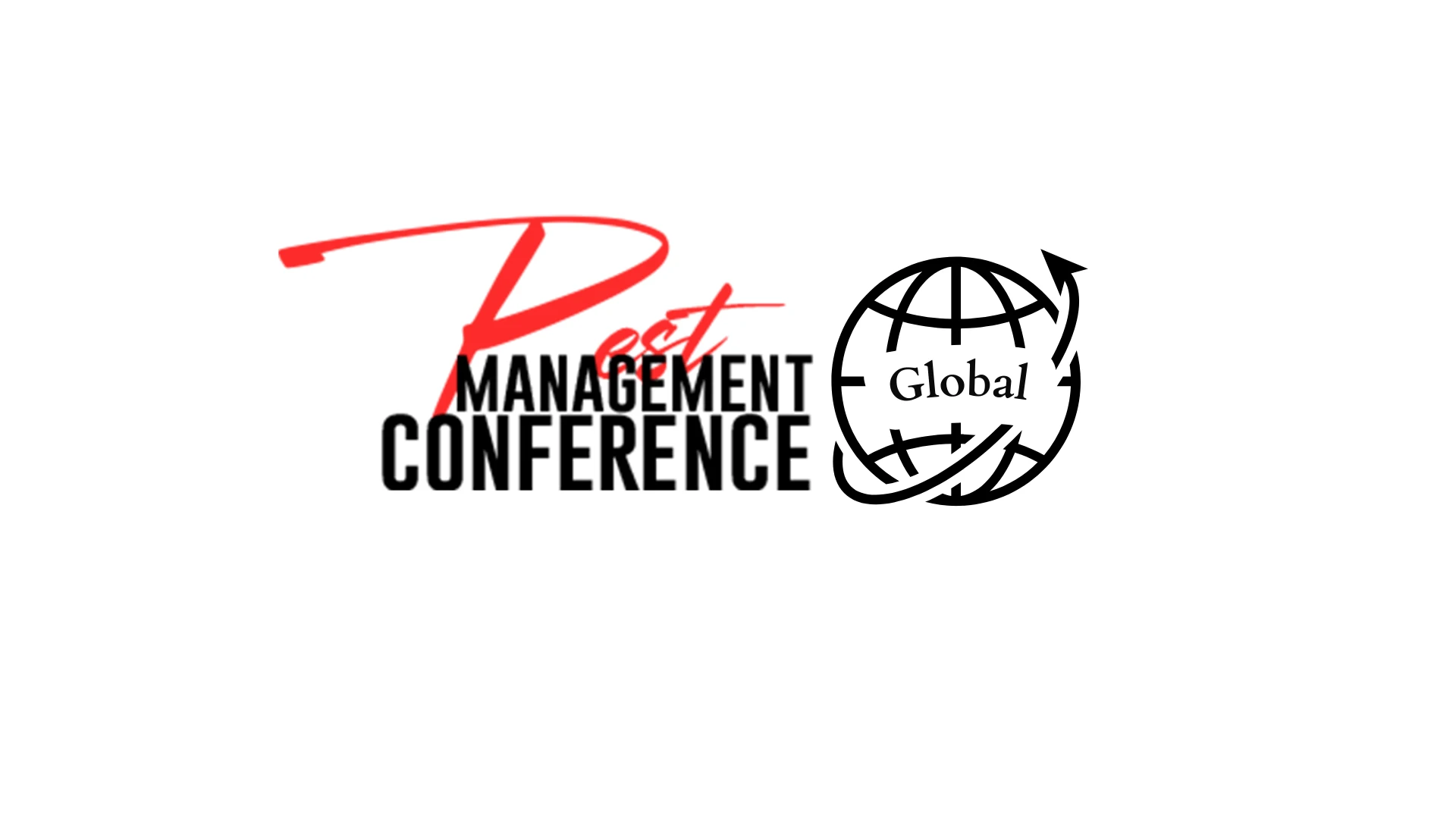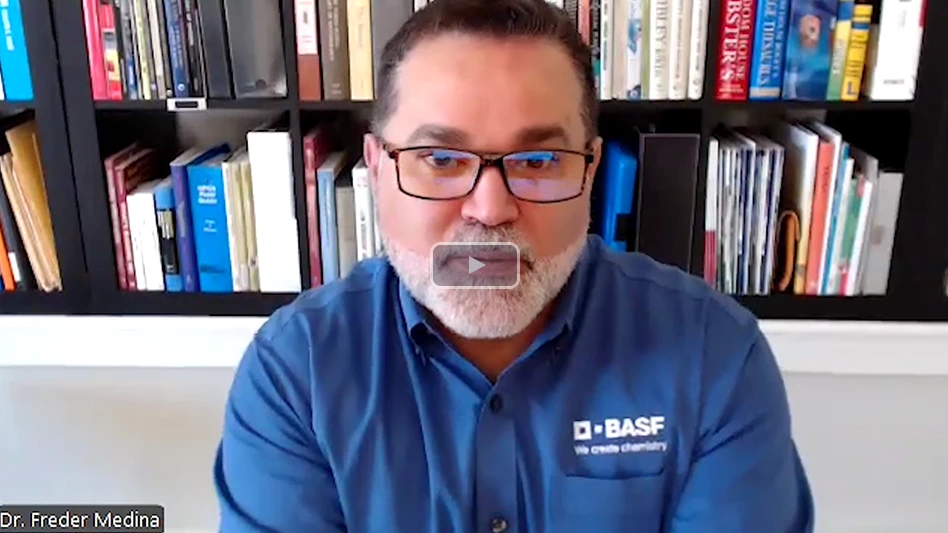With mortgage rates dipping to a 32-year low and record levels of home sales for the first six months of this year, the real estate and housing markets have been bright spots in an otherwise lackluster economy. What’s more, the National Association of Realtors™ reported it expects 2002 to be a record year for both new and existing home sales. The association forecasts that by year’s end, existing home sales would reach the record number of 5.44 million units. Meanwhile, new home sales are expected to increase to the record level of 920,000 units; and housing starts are expected to hit a level of 1.65 million units for the year.
Besides bolstering an unprecedented sellers market for homes, the low mortgage rates also induced record numbers of homeowners to refinance their homes. In August, the rate on a 30-year, fixed-rate mortgage hit the 32-year low of 6.22 percent. Rates had been falling in response to lower expectations for economic growth and sinking consumer confidence.
A GROWING TERMITE MARKET, TOO. This was good news for the termite market, which benefited from the healthy housing market all year long. Besides all of the pretreatment work that comes with new home sales, the increased number of mortgage applications also increased demand for wood-destroying insect inspections. Handling these inspections kept many pest control companies busy this year, and it also provided them with new business opportunities in the termite market. Some of the best home-buying hot spots were in California. During the second quarter of 2002, the Golden State experienced the strongest year-to-year increase in existing-homes sales, according to the National Association of Realtors.®
Nick Fowler, vice president of Applied Pest Management, based in Vallejo, Calif., has witnessed some of California’s housing activity for that last few years. His company serves the entire San Francisco Bay region, the greater Sacramento region, and everything in between, out of its four offices. And he’s been so busy with termite work that he has begun contracting out some of the company’s repair and fumigation business.
"There are so many new homes and the sales of new homes are going through the roof," Fowler said. "People that have investments in homes are making sure that they don’t have problems with termites," Fowler notes.
Perry Tindol, co-owner of Allgood Services of Georgia, based in Lawrenceville, Ga., says about 45 percent of his company’s business is related to wood-destroying organisms — whether it’s annual renewals, WDI reports, or post- or pre-treatments — and the strong housing market has been an important factor in the company’s recent growth. In Georgia, as in many other states, WDI inspections are required during real estate transactions. And these inspections often lead to additional work for Allgood. "I’d say 25 to 30 percent of our termite-related work probably comes from real estate transactions where we’ve completed an inspection and recommended some type of work," Tindol said. PermaTreat Inc. of Fredericksburg, Va., also had a busy year in terms of WDI inspections, notes President Jack Broome. The company employs 12 termite technicians, two of whom have been added in the past year due to anticipated growth. "We had such a tremendous year last year that it added to our account base," Broome said.
Most mortgage companies require WDI inspections with refinancings, as well as with real estate transactions, Broome notes. He says inspections account for somewhere between 10 and 15 percent of the company’s business. "They’re a great source to generate new business," Broome said, explaining that in many cases the inspections lead to termite post-treatments.
Spider Man Pest Control, based in San Antonio, Texas, also experienced enormous growth in its termite business. Warren T. Remmey Jr., owner of Spider Man, says termite business was up 38 percent this year, compared to 18 percent last year. He says the increase can be attributed to unusually wet weather patterns, as well as the company’s marketing efforts and the strong housing market. "We have seen more construction companies require termite preventative treatments," Remmey said. He added that both pretreats and home inspections are way up. To handle the extra work, Remmey added a termite technician to his staff earlier this year.
Currently the termite market is one of the biggest growth areas for the pest control industry. According to PCT’s 2002 industry survey, 33 percent of PCOs identified termite control as their largest growth market and approximately three-fourths of PCOs (77 percent) are involved in the termite market. Most PCOs who offer termite control use both baits and liquids (62 percent), while 35 percent use only liquids and 3 percent use only baits. And half (50 percent) offer a warranty or guarantee on their termite work. The most common warranty or guarantee period, offered by 43 percent of companies, is one year.
The author is former managing editor of PCT magazine. She can be reached at lmckenna@pctonline.com.

Explore the October 2002 Issue
Check out more from this issue and find your next story to read.
Latest from Pest Control Technology
- The Evolving World of Electronic Rodent Monitoring
- Back-to-basics Approach for Cockroach Control
- PPMA Encourages PMPs to Take Part in Termite Awareness Week
- Moneypenny is a Provider of Virtual Receptionists
- Video: Top 10 PCT Photo Contest Finalists
- Massey Services Expands with Southeast Commercial Region
- Pest Management Foundation Announces Kevin J. Burns Scholarship
- How to Identify Clover Mites





